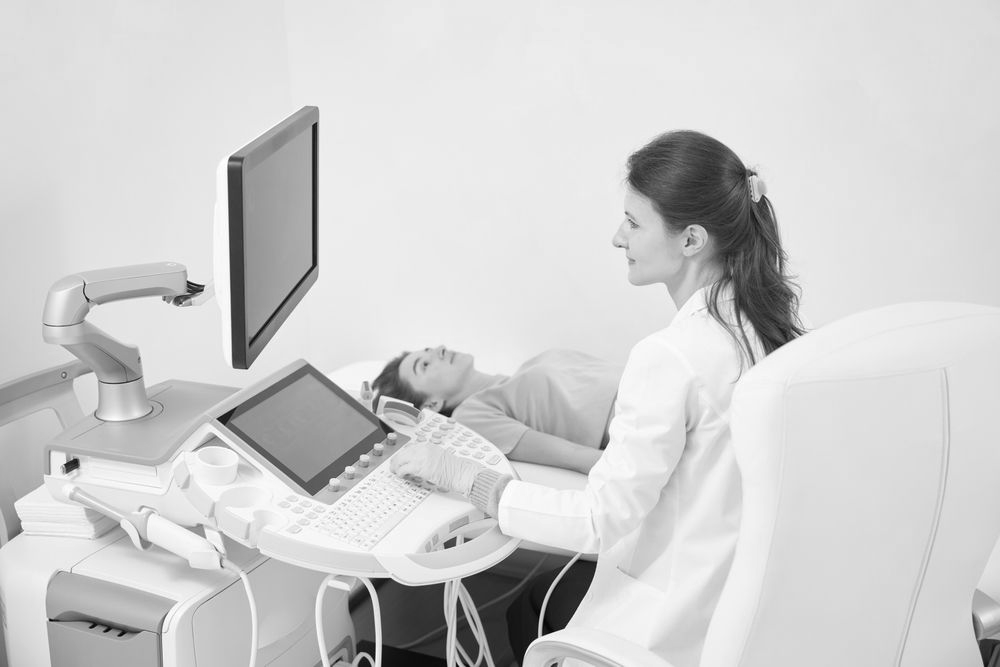Is the Abortion Pill Safe? What to Know Before Taking It
Share this Article:
Facing an unplanned pregnancy can feel overwhelming, and it’s normal to have many questions about your options. One common option some women consider is the abortion pill. Before making a decision, it’s important to understand how the abortion pill works, how safe it is, and what risks may be involved. Here’s what you need to know to make an informed choice about your health.
What is the Abortion Pill?
The abortion pill is a combination of two different medications used to end an early pregnancy. It’s often called a “medication abortion” and is typically available up to 10 weeks into pregnancy.
The first medication, mifepristone, works by blocking progesterone, a hormone your body needs to maintain a pregnancy. Without progesterone, the pregnancy cannot continue. The second medication, misoprostol, is taken later and causes cramping and bleeding to empty the uterus.
It’s important to note that the abortion pill is not the same as emergency contraception, like the morning-after pill. Emergency contraception prevents pregnancy, while the abortion pill is designed to end an existing pregnancy.
How Does the Abortion Pill Work?
The abortion pill process usually involves two steps over a couple of days. First, mifepristone is taken to block the hormone progesterone, which is essential for a pregnancy to grow. Without this hormone, the lining of the uterus begins to break down.
Within 24 to 48 hours after taking mifepristone, the second medication, misoprostol, is taken. Misoprostol causes the uterus to contract and expel its contents, leading to cramping and bleeding that can last for several hours or days.
The process can often feel like a heavy period, though experiences vary from person to person. Follow-up care with a healthcare provider is typically recommended to ensure the pregnancy has ended and to check for any complications.
Is the Abortion Pill Safe?
The abortion pill is FDA-approved and has been used by millions of women. When taken early in pregnancy and under medical supervision, it is generally considered safe.
However, like any medical procedure, it carries risks. Common side effects include cramping, heavy bleeding, nausea, and fever. Rare but serious complications can include incomplete abortion, infection, or excessive bleeding that may require further medical care.
Not everyone is eligible for the abortion pill. It may not be recommended for women with certain health conditions, ectopic pregnancies, or those further along in pregnancy. That’s why a medical consultation is important to protect your health and well-being.

What Are the Risks of the Abortion Pill?
Like any medical procedure, the abortion pill has potential risks that are important to understand. Most women experience cramping and bleeding as part of the process, but some may face additional side effects like nausea, diarrhea, dizziness, or fever.
Although serious complications are rare, they can happen. These include:
- Incomplete abortion, which may require follow-up treatment
- Infection due to retained tissue
- Excessive bleeding that may need medical care
The effectiveness of the abortion pill also decreases if taken later in pregnancy. Without proper evaluation before and after taking it, there is a risk of complications being missed. This is why a healthcare provider often recommends an ultrasound and a follow-up visit to help ensure your safety.
Is the Abortion Pill Right for Me?
Deciding if the abortion pill is the right option depends on a few important factors. Your health history, how far along you are in your pregnancy, and any underlying medical conditions all play a part.
The abortion pill is usually only available for pregnancies up to 10 weeks. It may not be recommended if you have certain health concerns, such as bleeding disorders, adrenal gland problems, or if the pregnancy is ectopic.
Since every situation is different, a medical consultation is important. An ultrasound can confirm how far along you are and check for any risks. Understanding your health and
all available options helps you make an informed decision for your future.
Get Support at Willow Womens Center
If you are facing an unplanned pregnancy and have questions about the abortion pill, you do not have to navigate this alone. At Willow Womens Center, we provide a safe and welcoming place where you can get medically accurate information and explore all your options without pressure.
We offer no-cost pregnancy testing and limited ultrasounds to confirm how far along you are and if the pregnancy is viable. Our caring team is here to listen, answer your questions, and help you make an informed decision with confidence.
Before making any decision, it’s important to have all the facts. Schedule a confidential appointment today to get the clarity and support you deserve.
Connect with Us:












